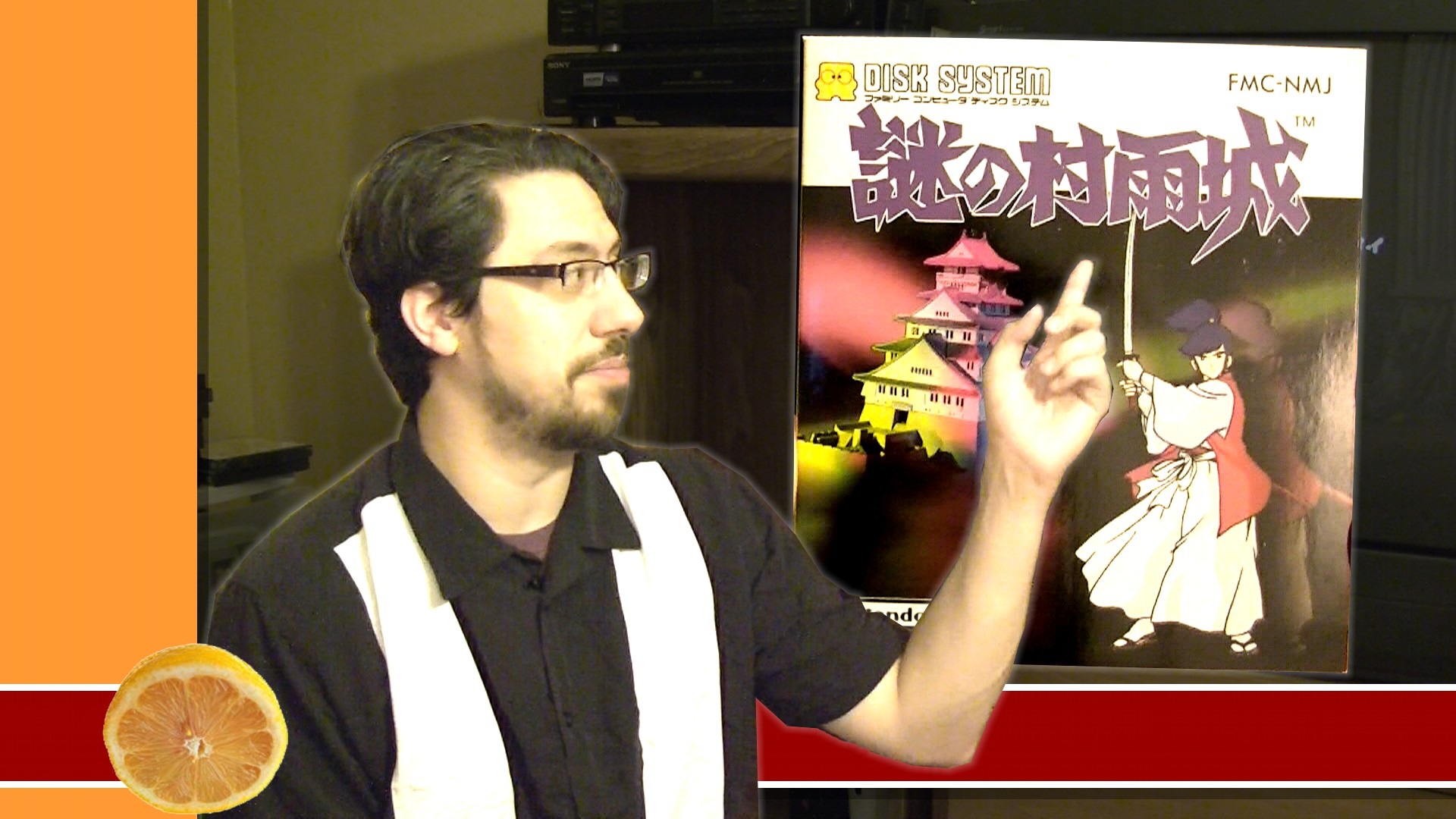Tin Men (1987)
by AlShipley, filed in Movies on Nov.09, 2005
 Barry Levinson‘s career has been pretty spotty for a director of his stature, but he never seems to falter when he sticks to painting on the pallette he knows best: Baltimore in the 50’s and early 60’s, the city he grew up in during the era of his youth. From his debut, 1982’s Diner, to 1999’s Liberty Heights, it’s a subject he keeps returning to. Where those flicks carried sentimental, autobiographical touches and centered on young guys, roughly the same age Levinson was at the time, Tin Men is about two middle-aged aluminum siding salesmen, played by Richard Dreyfuss and Danny DeVito, who never knew each other professionally until a fender bender set off a venemous personal feud.
Barry Levinson‘s career has been pretty spotty for a director of his stature, but he never seems to falter when he sticks to painting on the pallette he knows best: Baltimore in the 50’s and early 60’s, the city he grew up in during the era of his youth. From his debut, 1982’s Diner, to 1999’s Liberty Heights, it’s a subject he keeps returning to. Where those flicks carried sentimental, autobiographical touches and centered on young guys, roughly the same age Levinson was at the time, Tin Men is about two middle-aged aluminum siding salesmen, played by Richard Dreyfuss and Danny DeVito, who never knew each other professionally until a fender bender set off a venemous personal feud.
DeVito doesn’t play against type, as essentially a more sympathetic variation on Louie DePalma, but Dreyfuss manages to cut a dashing figure in contrast to his usual anxious, nasal screen presence as the younger, single tin man. Eventually, their comic back-and-forth of revenge and oneupsmanship escalates to the point that he steals DeVito’s wife and the story takes a slightly more serious, emotional turn, although the transition feels natural and not jarring or an unwelcome downer. As the battle of wills becomes a love triangle, the laughs come more from the supporting cast, including John Mahoney. In a way, movies like this (and Barton Fink and Say Anything) are a cruel reminder of the streak of great supporting roles Mahoney had before sinking a decade into one monotonous role on “Frasier” brought him to greater fame but effectively stalled his big screen career.
As a Baltimore resident, I’ll always watch these movies partly just for the scenery and how it’s used. And the thing about Baltimore that Levinson’s period films always underline for me is that in a lot of neighborhoods on the North side, all you have to do to convincingly set the clock back 20-50 years is park a bunch of classic cars on the street. Nothing else has really changed on a lot of those blocks lined with rowhouses. Really, the only thing that takes me a little out of the story and jolts me back to 1987 is the presence of the Fine Young Cannibals in multiple club scenes. “Good Thing” was a jam, though.


 PS3
PS3
 Famicom Dojo
Famicom Dojo KEEP PLAYING
KEEP PLAYING KEEP PLAYING: Rewind
KEEP PLAYING: Rewind Powet Toys
Powet Toys Powetcast
Powetcast Hitchhiker's Guide POWETcast
Hitchhiker's Guide POWETcast














